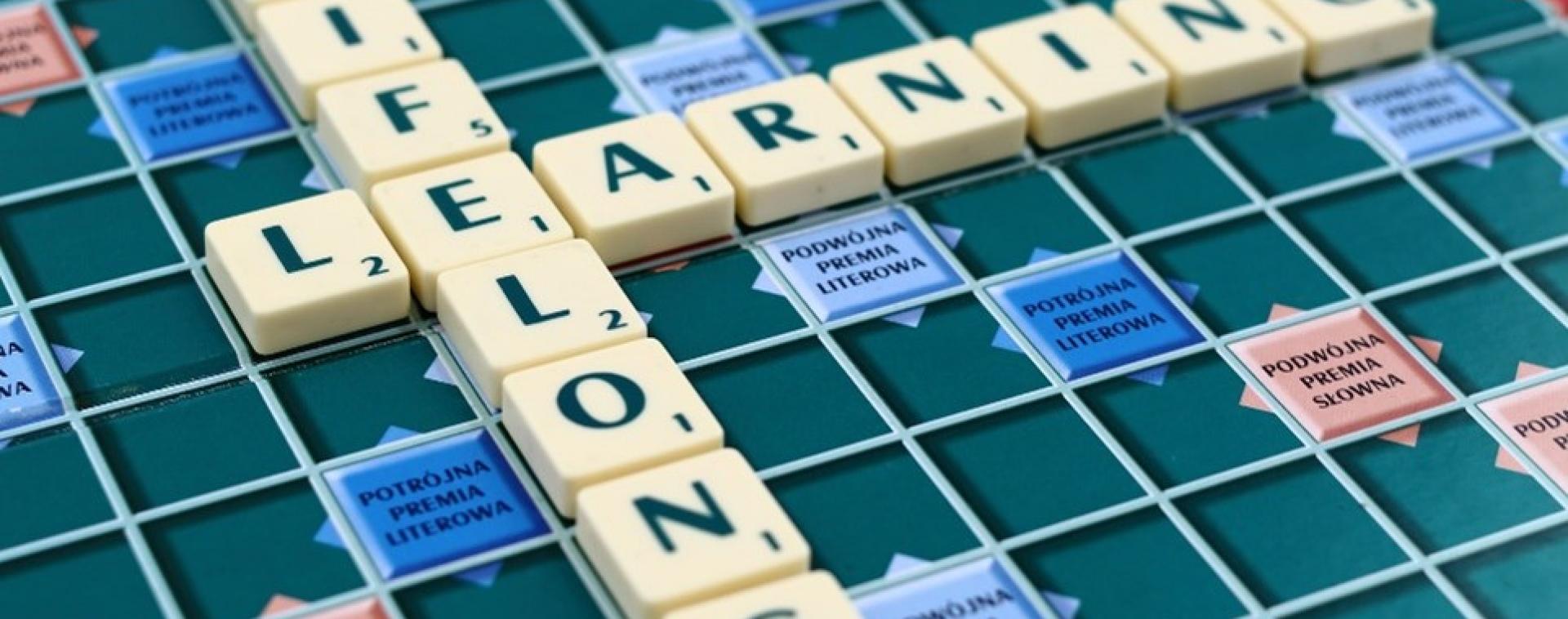The relevance of Serious Games in the SnailVille project
SnailVille (Heliculture Serious Game for the promotion of sustainable snail cultivation businesses focusing on exports) is a European Project funded by the Erasmus+ Programme under the Strategic Partnerships for Adult Education.
The project aims to create an educational training game to provide low-skilled adults with the knowledge they need to start a business in the world of heliciculture. Heliciculture is the technical term referring to snail farming. Through the game, participants will learn the main concepts necessary to start a snail farming business and learn how to face the main risks associated with this type of business. Over the last few years, the interest in snail farming is increasing, but there is still insufficient information about this sector, which is why so many snail farmers fail in the early stages.
This is why we want to offer a place that can be used as a guideline and provide all the important information on snail farming.
Using games for educational purposes is a well-proven method idea, but the innovation of this project is combining heliciculture training with serious games for learning and entrepreneurship. The play-based learning method is the most appropriate if we consider that our target group are low-skilled adults who may be interested in learning by playing.
So, what are serious games and why are they so successful in lifelong learning?
“Serious games usually refer to games used for training, advertising, simulation, or education that are designed to run on personal computers or video game consoles” (Susi et al., 2007).
Serious games are in fact games with a pedagogical purpose, imparting knowledge and skills to those who use them. They are very engaging for users because they use a gaming experience to learn new information. The user is placed in a scenario simulating a real situation with a problem to be solved, in the chosen field. It is no coincidence that the first applications of this type of game were tested in the medical and military fields, where testing skills online was easier than doing it on a high-risk field. Therefore, one of the advantages of using this type of approach is that it can be easily transferred to different sectors.
This type of immersive learning has proved successful in training students who feel more motivated and involved in the learning process (Fernando Rodríguez López et al., 2021). In the 21st century, students need a more stimulating educational approach than in the past. As Margarida Romero (2015) described in her research “Information and Communication Technologies (ICT) has contributed to the acceleration of the knowledge (co)creation and worldwide just-in-time access but has also become one of the main supporters of Lifelong Learning through informal and formal learning resources, activities and courses offered in blended and online learning modalities. In this context, digital literacy has become one of the key competencies of the 21st century”.
Thinking therefore of building a game experience aimed at the needs of our target group using a serious game is a winner in terms of user involvement and interest. As shown in several studies and fields of application (Susskind et al., 2018) the use of a game in which the users identify themselves and play themselves is particularly effective in teaching adults, who show more interest and sensitivity towards the topics proposed with this method than the traditional teaching method.
We invite you to stay updated on the project by following us on:
- https://snailville.eu/
- Facebook page
- Snaiville’s twitter account
References:
- Fernando Rodríguez López, Mario Arias-Oliva, Jorge Pelegrín-Borondo, Luz María Marín-Vinuesa (2021). Serious games in management education: An acceptance analysis. The International Journal of Management Education, Vol. 19, Issue 3. https://www.sciencedirect.com/science/article/pii/S1472811721000665
- Lawrence Susskind Ella Kim (2018). Playing ‘Serious Games,’ Adults Learn to Solve Thorny Real-World Problems. Digital Promise. https://digitalpromise.org/2018/04/09/playing-serious-games-adults-learn-to-solve-thorny-real-world-problems/
- Margarida Romero (2015). Work, Games and Lifelong Learning in the 21st Century. Procedia - Social and Behavioral Sciences 174:115-121. https://www.researchgate.net/publication/274393720_Work_Games_and_Lifelong_Learning_in_the_21st_Century
- Susi, Tarja and Johannesson, Mikael and Backlund, Per (2007). Serious Games: An Overview. [IKI Technical Reports] University of Skövde, School of Humanities and Informatics. Institutionen för kommunikation och information. https://www.diva-portal.org/smash/get/diva2:2416/FULLTEXT01.pdf

